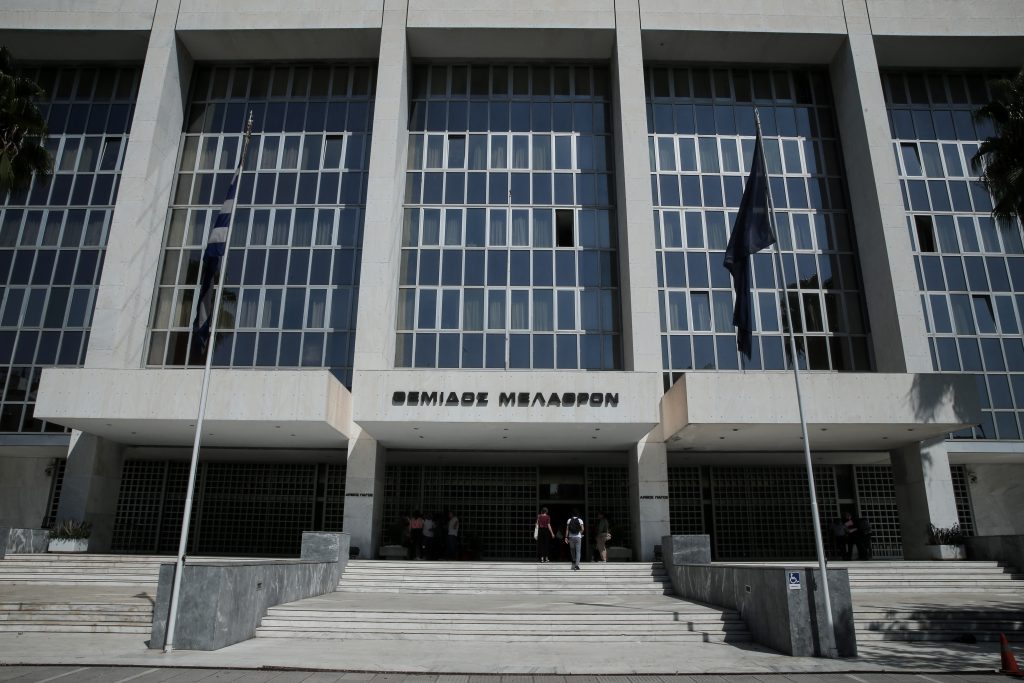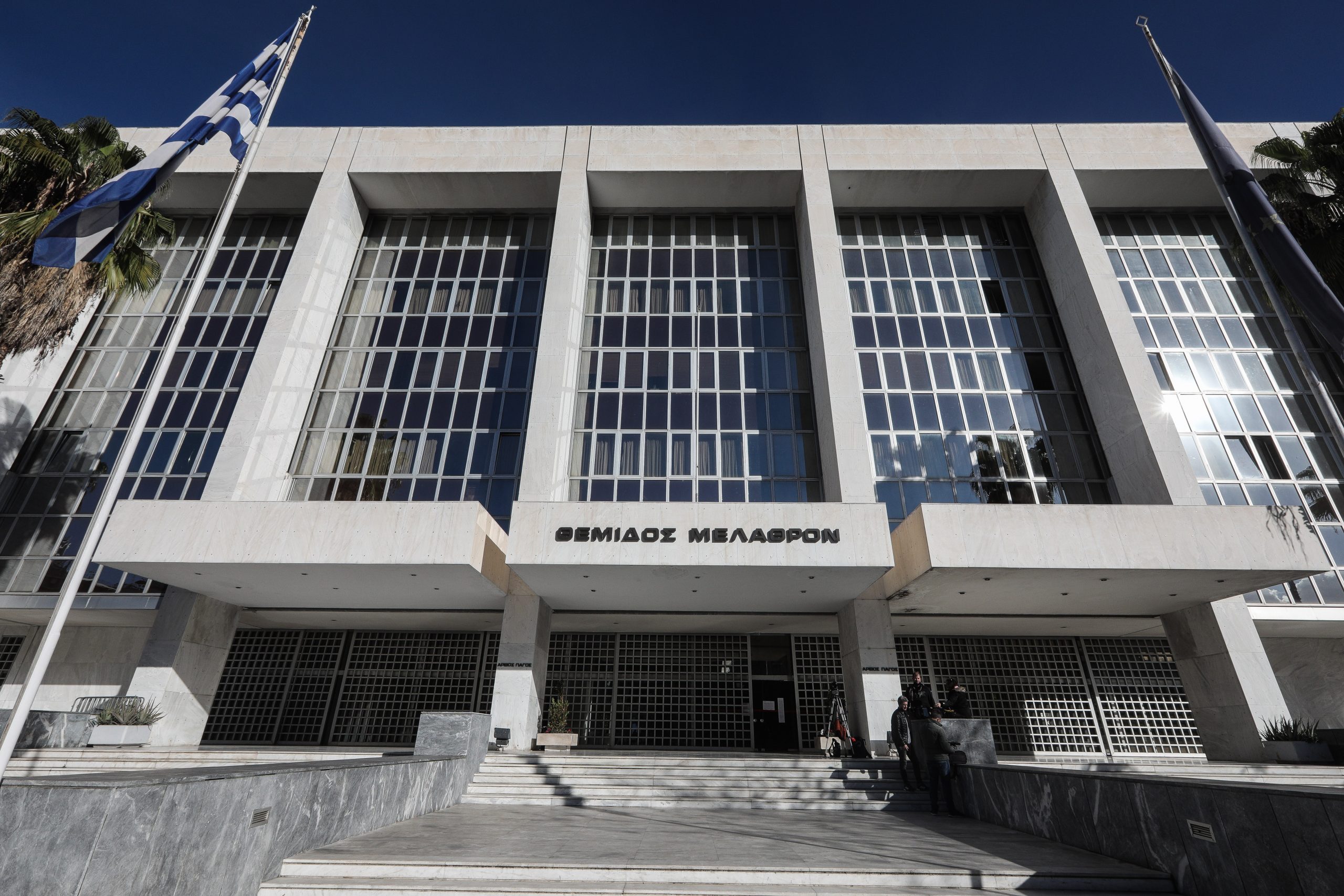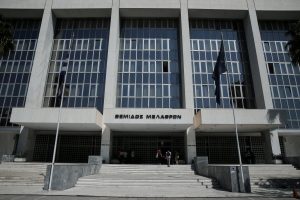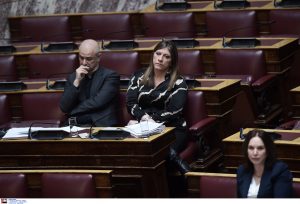Greece’s Supreme Court has released a series of statements this past week hitting back at accusations of bias, cover-up and improper procedures in regards to the Tempi train disaster investigation.
Amidst an avalanche of allegations, and a recent poll that revealed nearly half of the Greeks do not trust the judiciary in the Tempi investigation, several Supreme Court officials have made a point to assert the judiciary’s independence and call for trust in state institutions.
On Monday, Supreme Court Press Spokesperson Panagiotis Liberopoulos released a statement explaining the decision to assign the Tempi case to a special appellate investigator. He emphasized that this decision followed legal procedures designed for cases of exceptional importance.
According to his statement, the full plenary of the Court of Appeal—made up of experienced judges—reviewed the case and unanimously decided to assign it to a senior investigator. He stated that this process has been used in other major cases, including corruption scandals such as the SIEMENS case, the Golden Dawn trial, and terrorism trials.
The statement pushed back against claims that the judiciary is influenced by outside forces, arguing that such accusations undermine democracy. “Anyone who has evidence that all the Judicial Officers of the Court of Appeal of Larissa… are at the mercy of extrajudicial powers must immediately present it to the competent institutional authorities and support it with the weight of his signature,” stated the court spokesperson.
“Otherwise, by spreading speculation and conspiracy theories, by ridiculing and morally tainting judicial officials, he is directly attacking democratic institutions.”
The press spokesperson also explained that the promotion and appointment of judges follow strict legal procedures and are decided solely by the Supreme Judicial Council, an independent body of senior judges. He added that the Supreme Court’s leadership does not interfere in judicial decisions, dismissing claims that judges are pressured or controlled.
According to Greek court reporting outlet Dikastiko, while speaking at a conference on February 21, Supreme Court President Ioanna Klapa also took the opportunity to defend the judiciary’s independence. She asserted that judges make their decisions based on the Constitution, European treaties, and the law—arguing they are not influenced by external forces.
“The judge does not cover up, nor is he manipulated. He ought to investigate thoroughly, whoever is involved,” Klapa said. She allowed that judicial decisions can be criticized, but efforts to discredit the judiciary categorically.
She argued that some groups were taking advantage of public anger over the Tempi tragedy to spread misinformation. “By insulting the institution of justice, they are attacking democracy itself,” she stated.
Last week, Supreme Court Prosecutor Georgia Adeilini also made a public statement defending her work and independence.
In a statement she responded to accusations made in parliament regarding the death of the son of a Larissa prosecutor involved in the Tempi investigation. A political leader questioned why Adeilini had ruled out any connection between the son’s death and his mother’s role in the case.
Adeilini pushed back against these claims, stating that the prosecutor herself, Sofia Apostolaki, had personally expressed her sadness and frustration over speculation linking her son’s death to her work.
The judiciary’s statements come amidst a real lack of trust in Greece’s institutions, and a growing rage about how the case has been handled. A poll found a whopping 72% of respondents felt there was an attempt to “cover-up” the tempi train disaster and the specifics of what happened. The nationwide strike planned for Friday demands justice, with conviction that the legal system is failing to deliver it.








